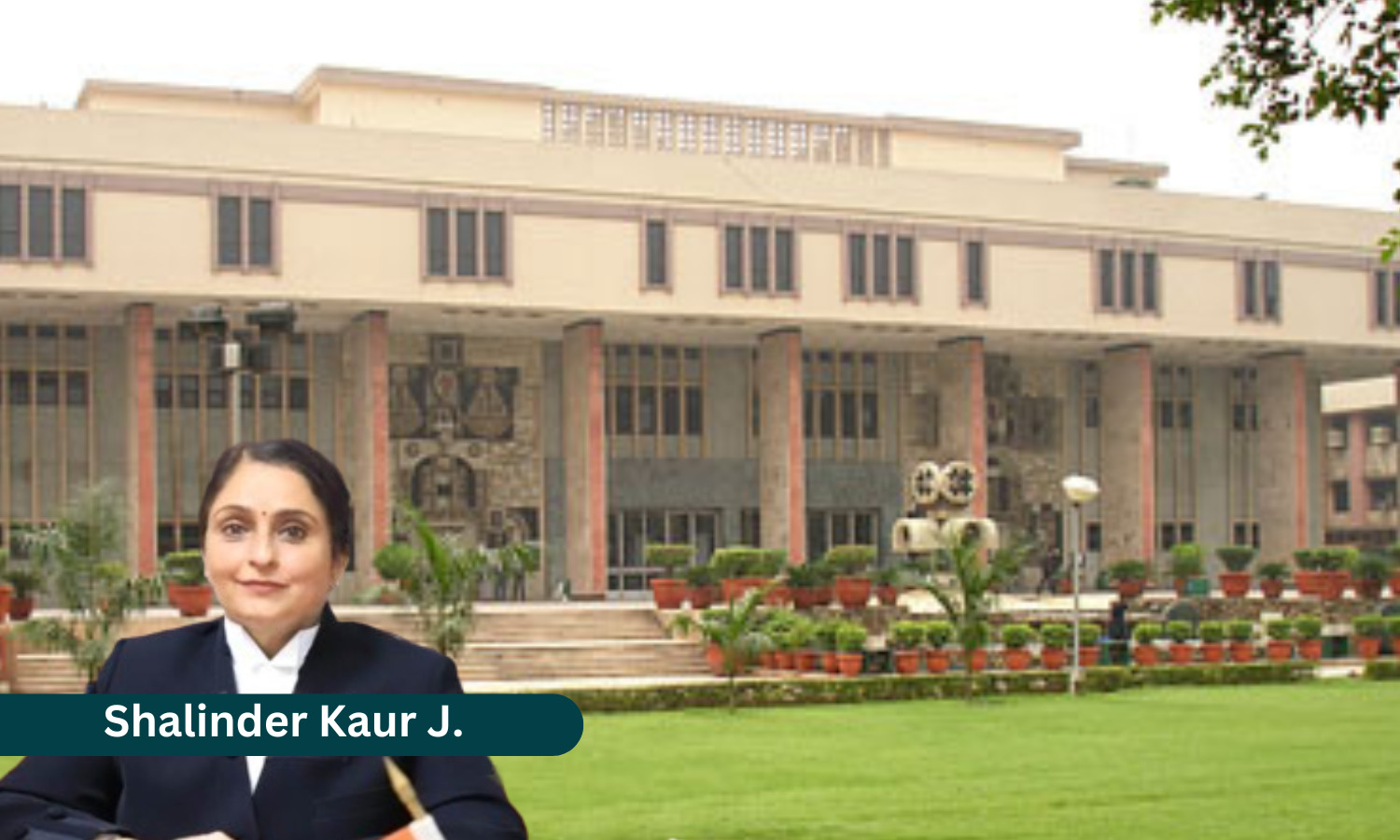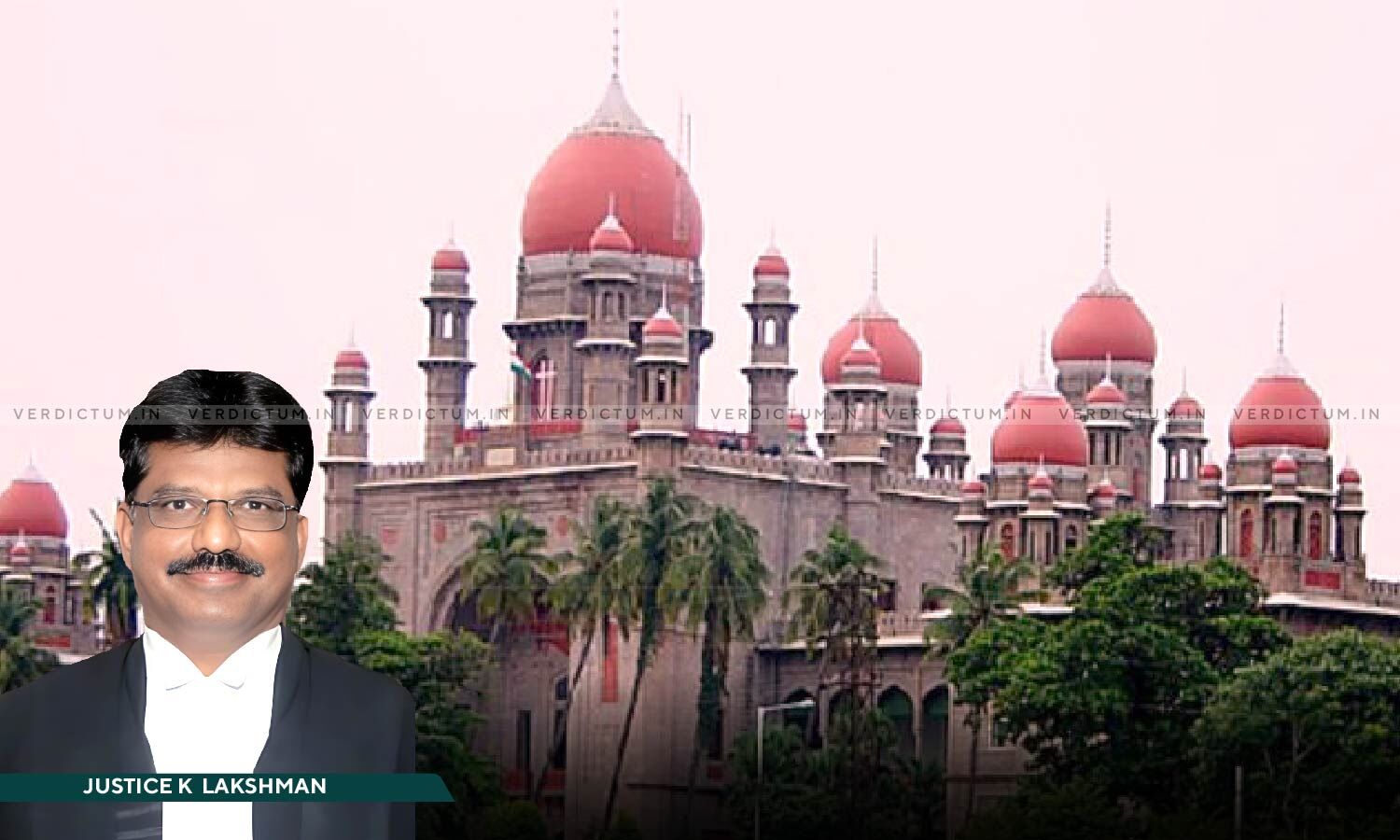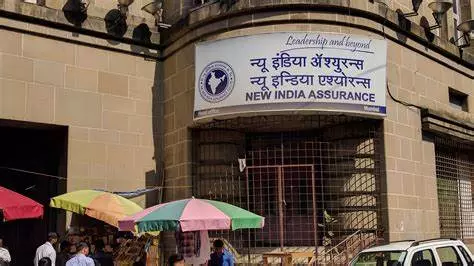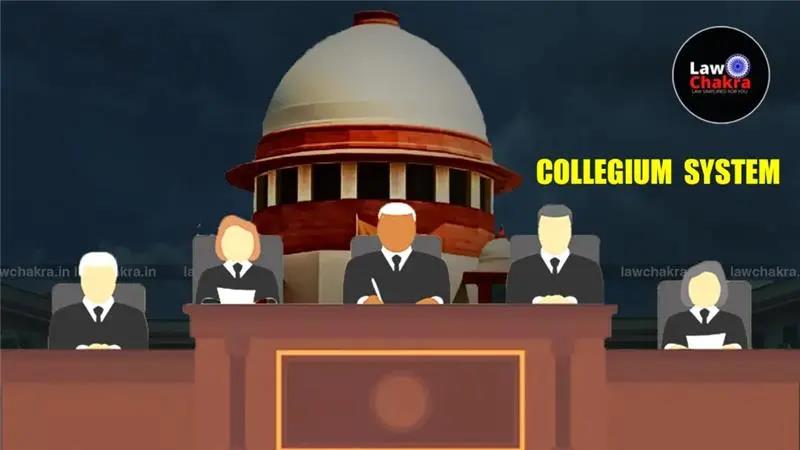Delhi High Court Acquits Man In Theft Case

The Delhi High Court set aside the conviction of a man under Section 379 read with Section 34 IPC, observing that the prosecution had failed to prove the charge beyond reasonable doubt. The Court found that the testimony of the sole eyewitness was inconsistent, uncorroborated, and insufficient to sustain a conviction.
A Single Bench of Justice Shalinder Kaur observed, “The evidence of a sole witness should be cogent, reliable and must essentially fit into the chain of events that have been stated by the prosecution. When the prosecution relies upon the testimony of a sole eyewitness, then such evidence has to be wholly reliable and trustworthy.”
The Court added, “In the present case, the evidence of PW1 is not reliable and trustworthy in as much as he had given contradictory statements with regard to the identity of the appellant and also with regard to the manner in which the alleged incident took place.”
Advocate Sumer Kumar Sethi appeared for the Appellant, while Additional Public Prosecutor Tarang Srivastava represented the Respondent.
Brief Facts
According to the prosecution, the Appellant and a co-accused administered biscuits laced with an intoxicating substance to the complainant and his brother while they were travelling in a shared TSR. After the complainant and his brother allegedly lost consciousness, the accused robbed them of ten thousand in cash and clothing items and threw them out near Lodhi Garden.
The FIR was registered five days later, after the complainant and his brother allegedly located the accused and brought them to the police station. The complainant, however, was never examined as a witness. The Trial Court convicted the Appellant for theft under Section 379 read with Section 34 IPC, relying primarily on the statement of PW1, the complainant’s brother, and acquitted him of the charge under Section 328 IPC. The Appellant challenged the conviction before the High Court.
Reasoning of the Court
The Court considered the settled position of law that a conviction can rest on the testimony of a sole witness only if the evidence is consistent and trustworthy. The Court noted, “PW1 in his examination-in-chief has stated that he had seen the appellant snatching the mobile phone and wallet of the complainant and running away from the spot. However, in his cross-examination, he had stated that he had reached the place of occurrence after 10 minutes of the incident. He further stated that he had not seen the appellant snatching anything from the complainant.”
The Court also noted discrepancies in PW1’s version about the number of bags carried, the location of the stolen amount, and whether anything was actually taken away. “PW1 in cross-examination deposed that after he and his brother regained consciousness and came back to their rented room, and checked their bag, they found that the amount of ten thousand was missing from their bag. Therefore, the prosecution version becomes doubtful as it is not certain whether both the complaint and his brother were carrying one or two bags. In case, they had two bags, it is not clear from which bag the money was stolen”, the Court observed.
The recovery of Rs. 2000/- from the Appellant’s possession was also held to be unreliable, as no public witness was present during the recovery and the currency notes were not shown to PW1 for identification during evidence.
The Bench further noted that the complainant’s non-examination was fatal to the prosecution’s case and that PW1’s statement suffered from improbabilities and was not free from suspicion. The Bench observed, “The status of PW-1 suffers from improbabilities and is not free from suspicion. Moreso, the non-corroboration by the complainant being a material witness, the sole testimony of PW-1 is lacking credence and reliability.”
The Court held that the prosecution failed to establish the guilt of the Appellant beyond reasonable doubt. The testimony of PW1 was found to be inconsistent, uncorroborated, and insufficient to sustain a conviction.
Consequently, the Court allowed the appeal and acquitted the Appellant.
Cause Title: Ashok Kumar v. State (Neutral Citation: 2025:DHC:4967)
Appearance:
Appellant: Advocates Sumer Kumar Sethi, Dolly Sharma
Respondent: Additional Public Prosecutor Tarang Srivastava




